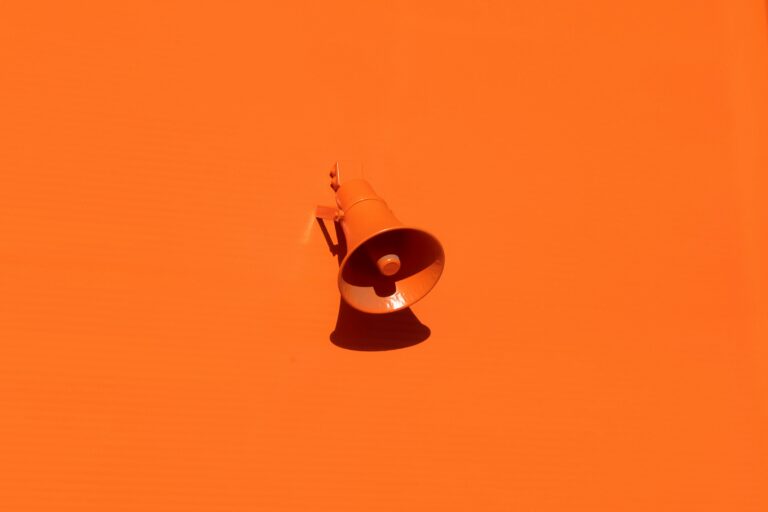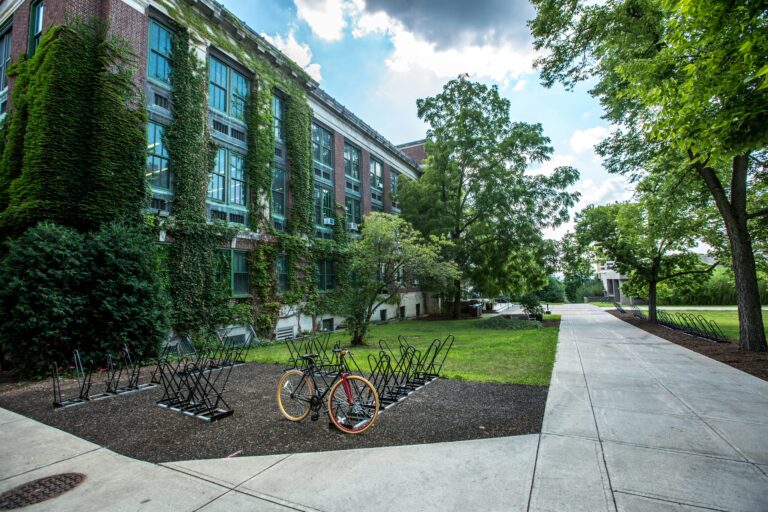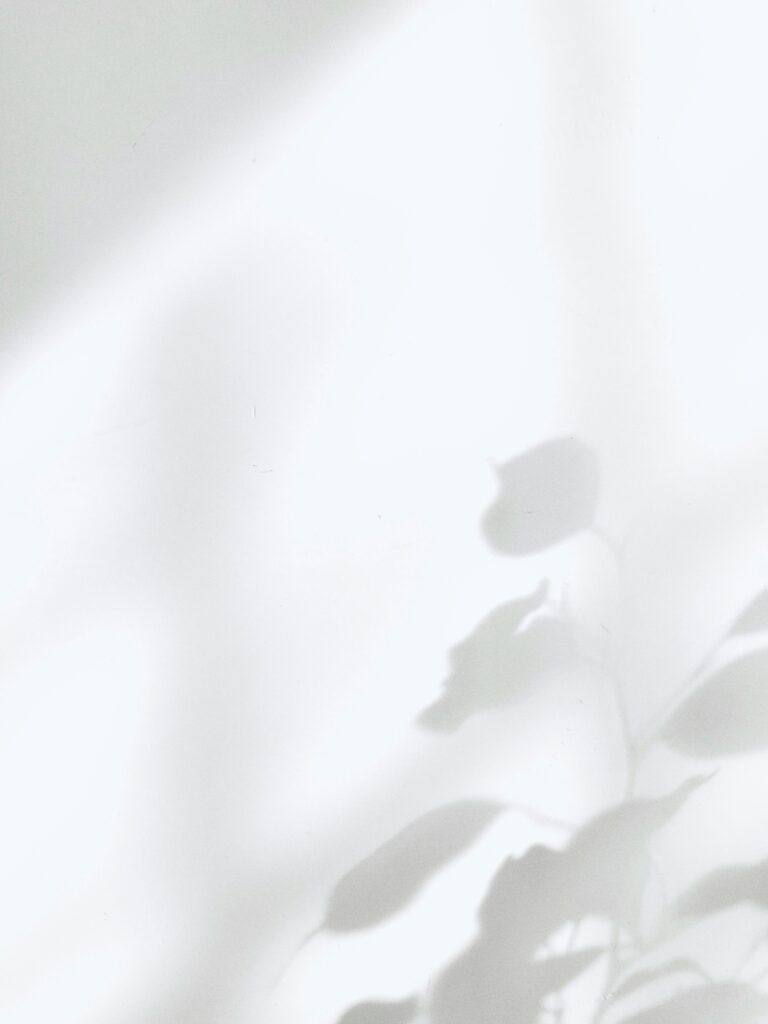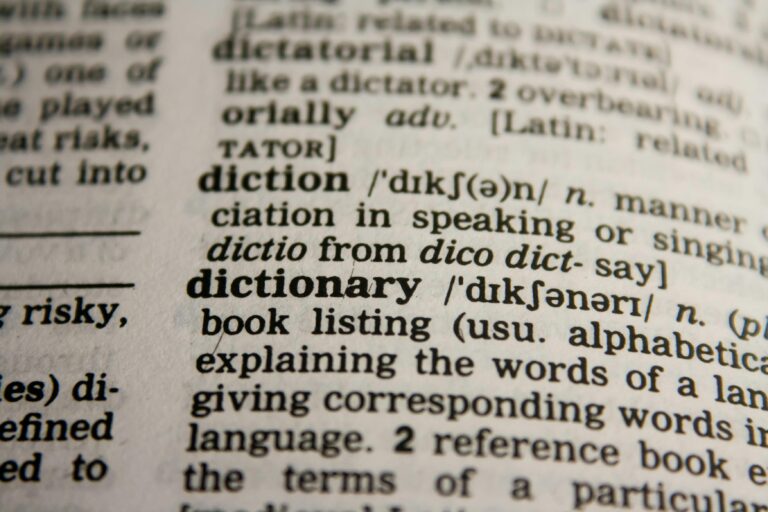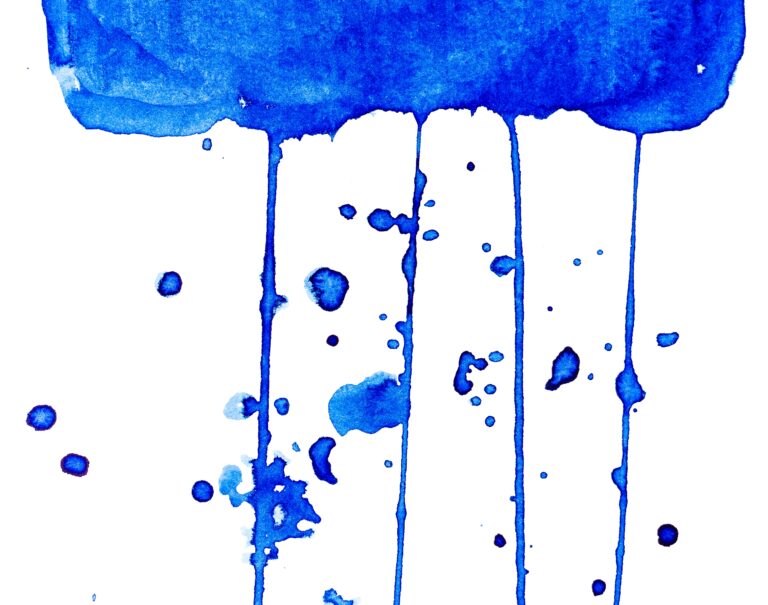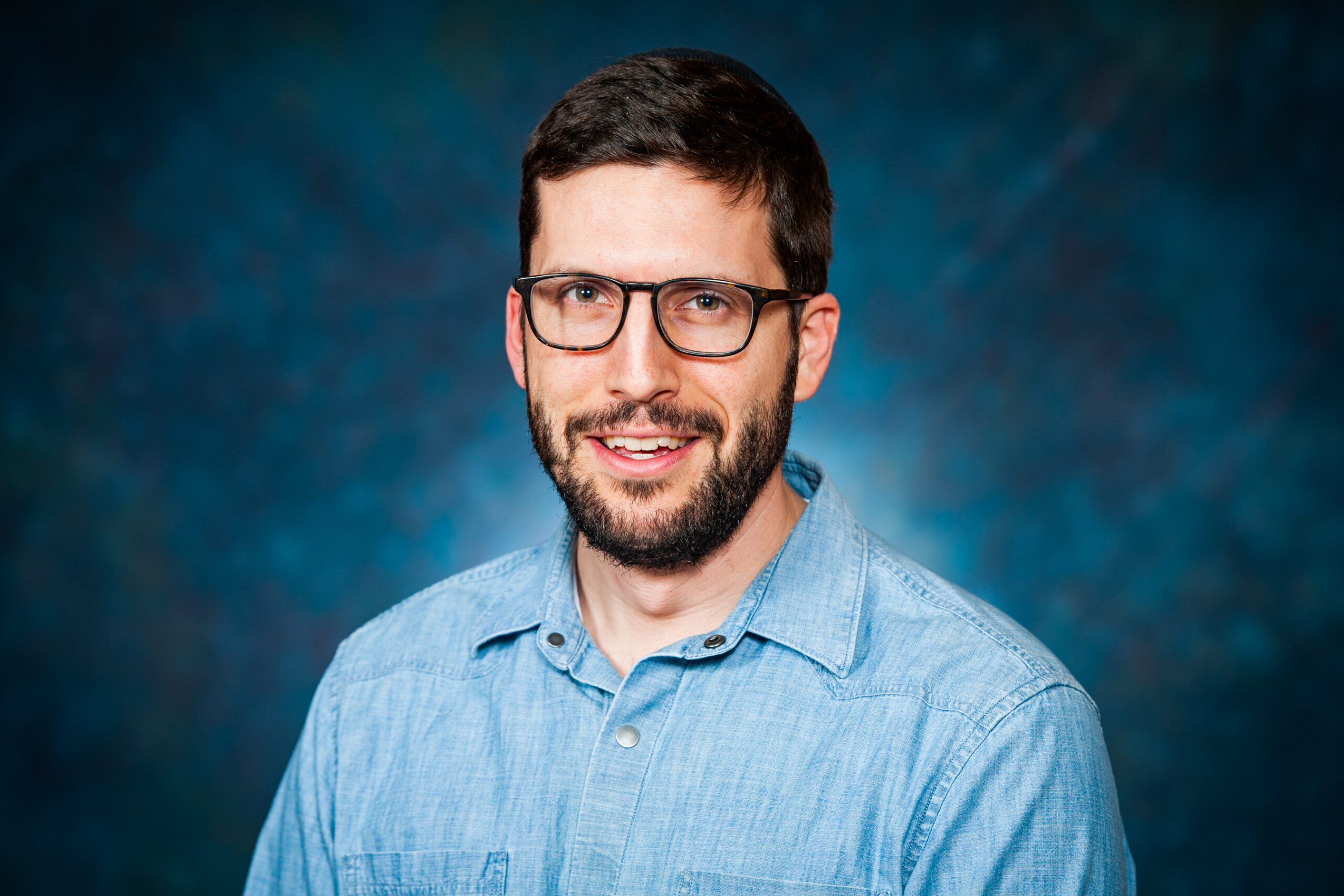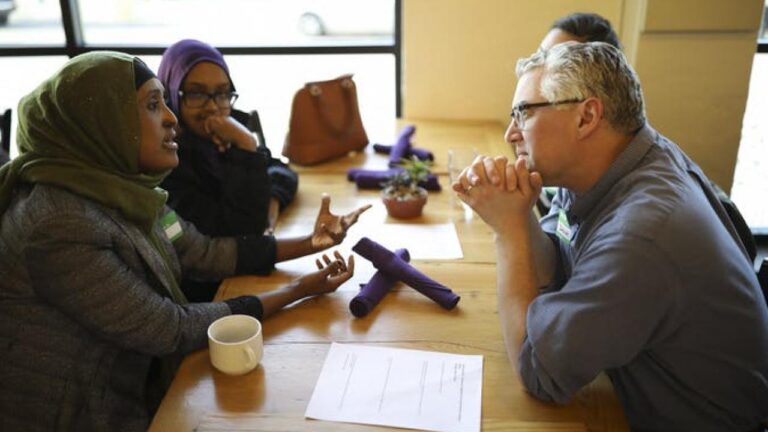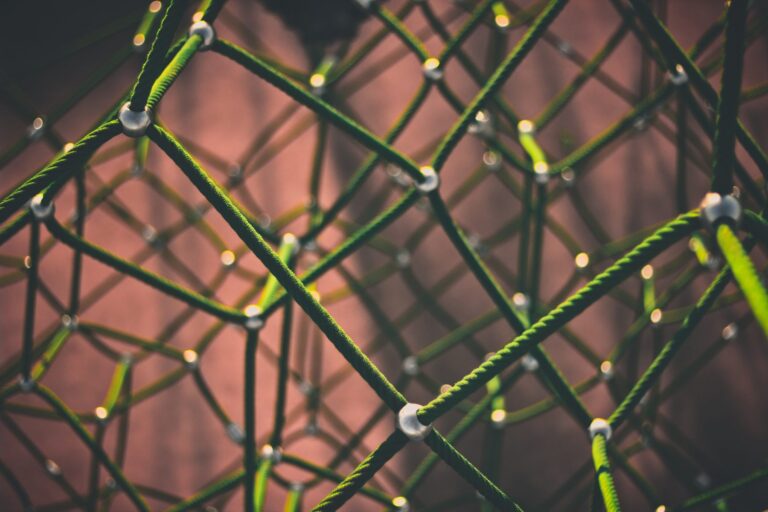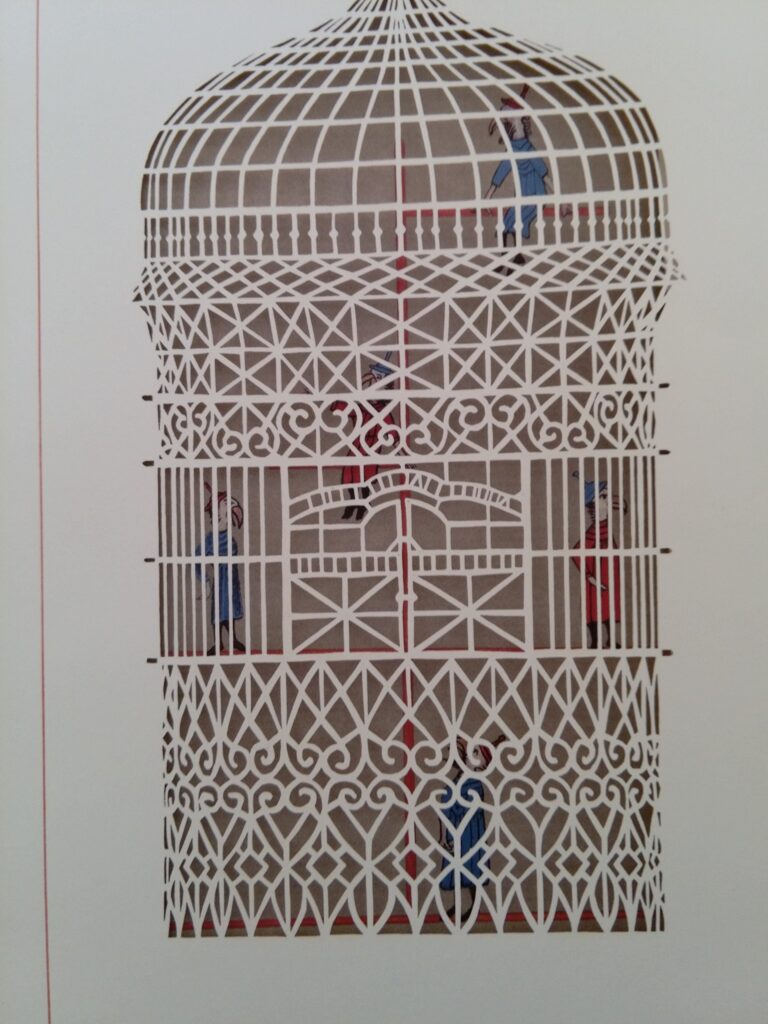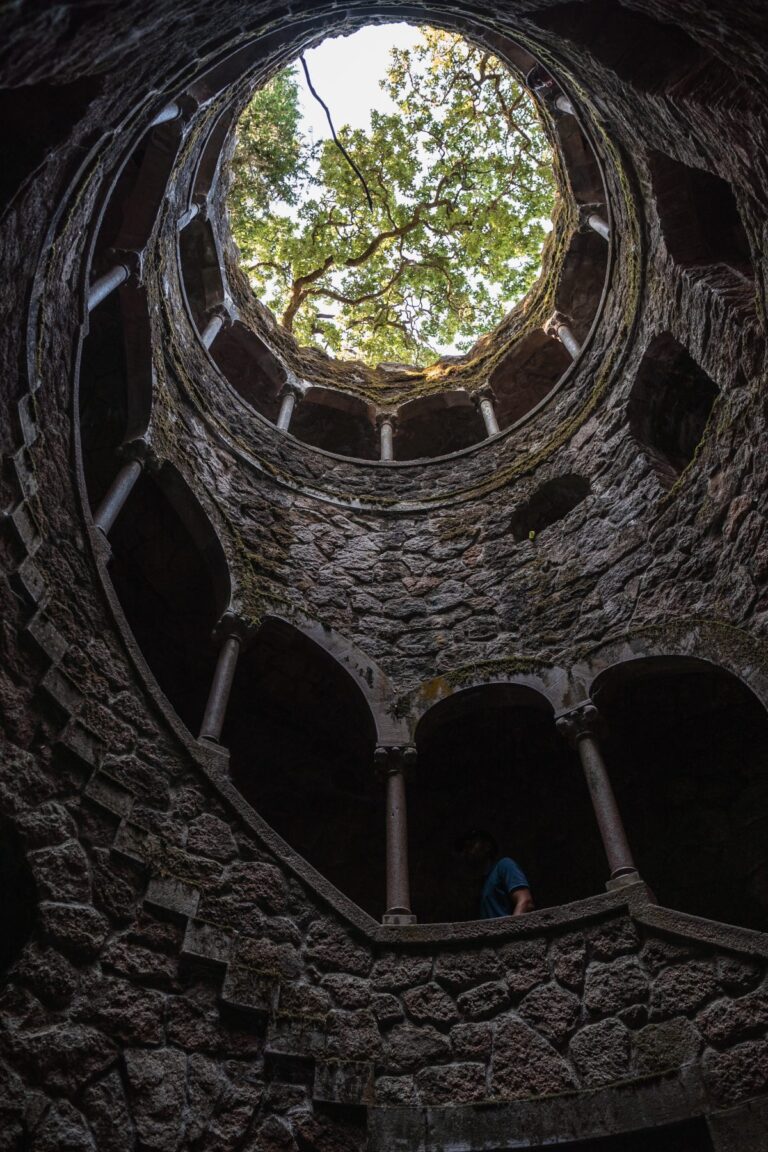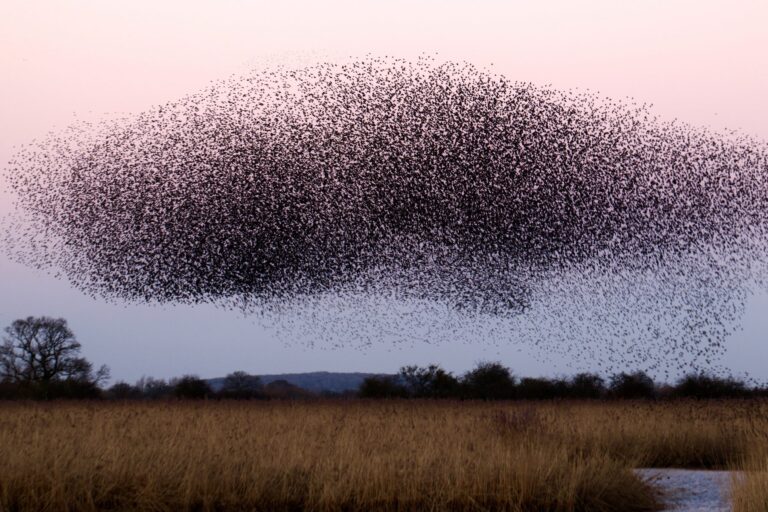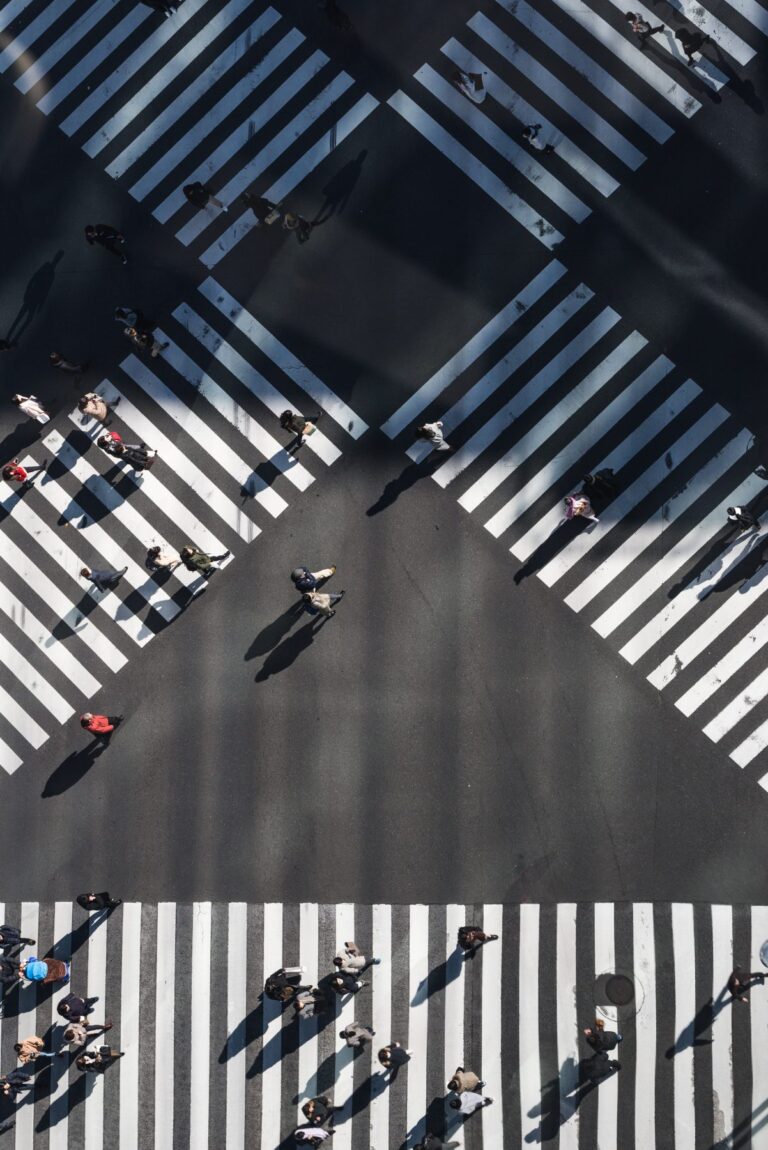
Purim 2024: Discussions & Analyses of Antisemitism Today
We’ve all been troubled by the upsurge of antisemitism in recent months. We have curated a series of essays that open discussions and analyses of antisemitism today by Rabbi Rebecca Lillian, Rabbi Elisheva Salamo, Rabbi Josh Snyder and Rabbi David Teutsch.
We are also offering our newsletter subscribers an additional two essays by Rabbi Maurice Harris and Ben Lorber. Not a subscriber? Sign up today for our free newsletter!
In addition, we have produced a video podcast with Rabbis Toba Spitzer and David Teutsch that really tackles the tough, worrisome questions. You can access the first section, about antisemitism and anti-Zionism by renewing your annual gift to Evolve, contributing at least $36 in this campaign. And if you contribute $250 or more, we will send you a link to the entire conversation.

Subscribe to get two extra essays in your inbox!
Curation of Essays on Antisemitism
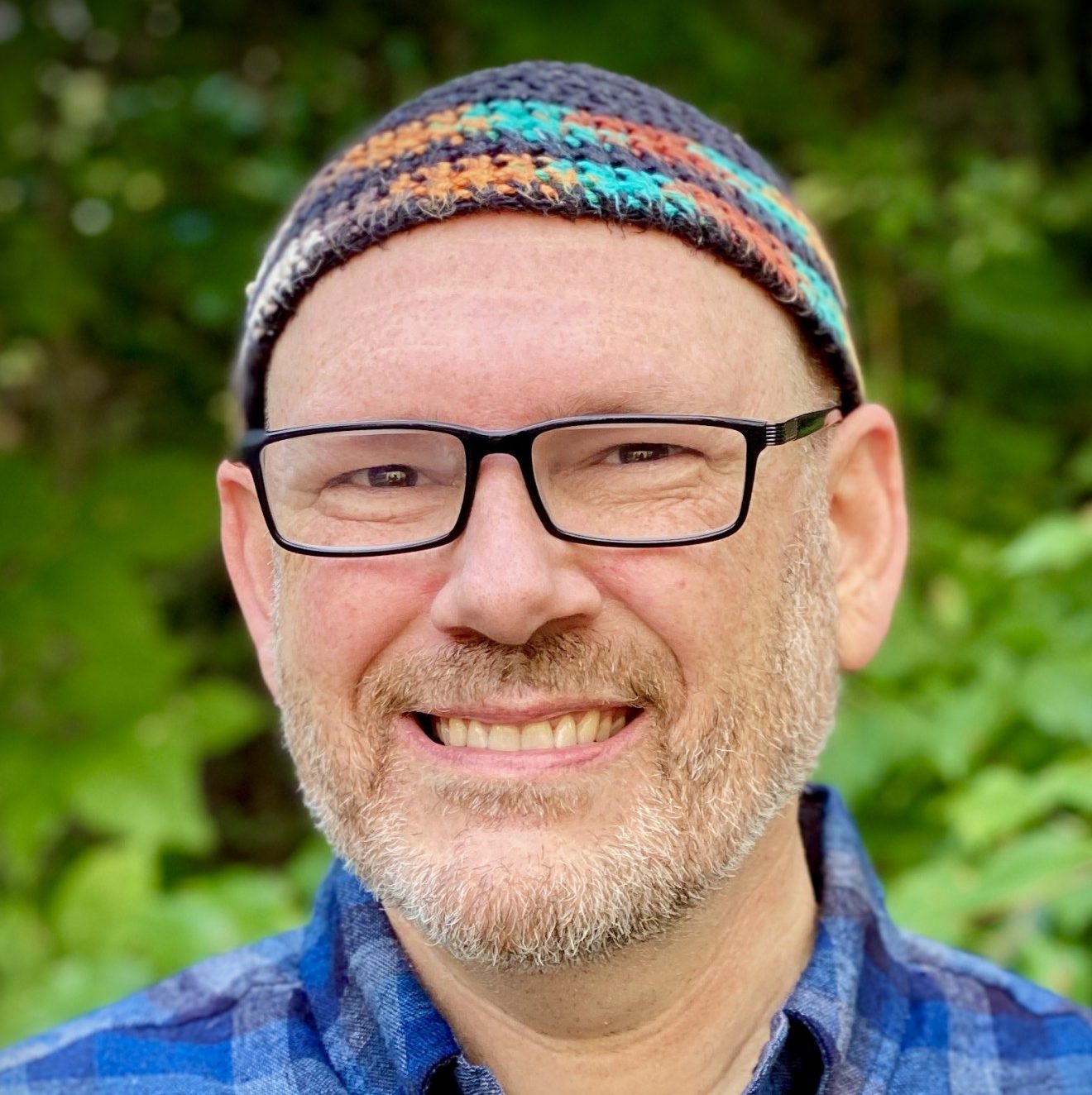
The Houthis preach a particular, religiously informed hatred of Jews, a specific kind of antisemitism that has its foundation in an extremist strand of modern Islamic teaching.
0 comments
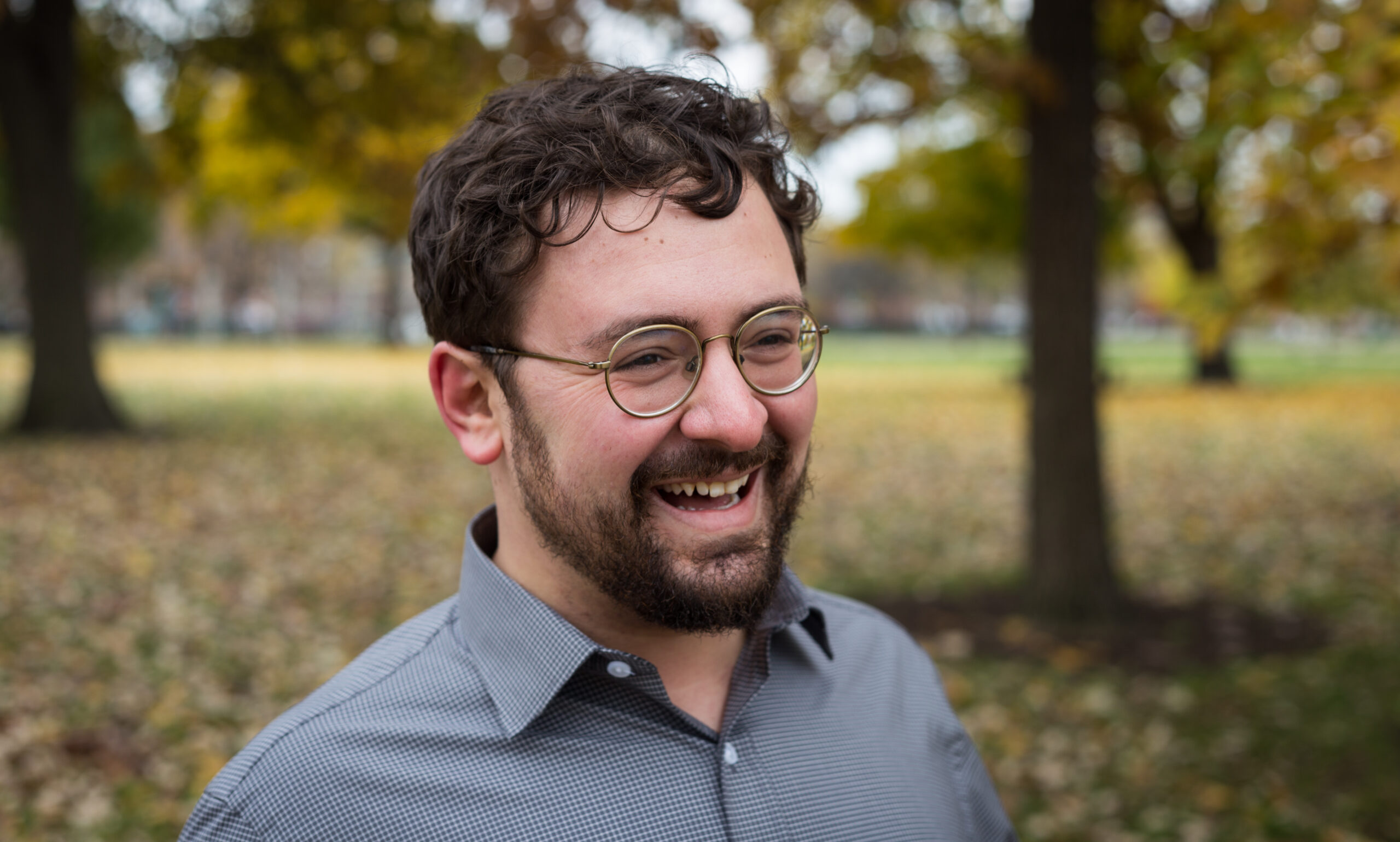
Some of us have felt deeply shaken by rhetoric and activism we’ve seen from critics of Israel’s assault on Gaza. Where does legitimate criticism end and antisemitism begin?
by
Ben Lorber

An escalating fear of antisemitism from both left and right is actually much worse in the United States than in either Sweden or Denmark.
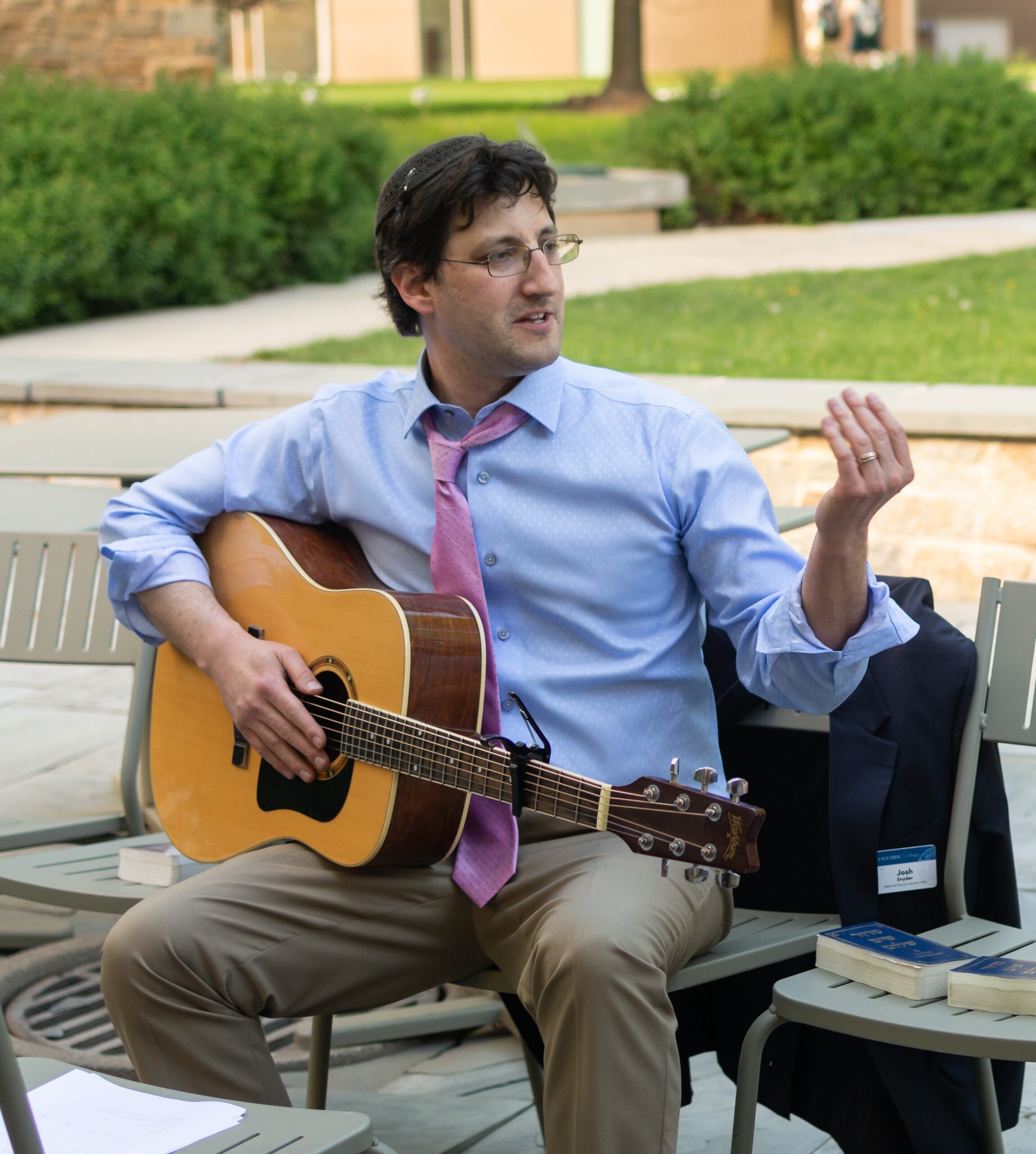
Legitimate critiques of Israel tend to veer towards illegitimate generalizations about Israel, Zionists or Jews that rely on age-old antisemitic ideas.

Understanding that the mob was bent on death, most of the Jews decided that it was preferable to take their own lives.
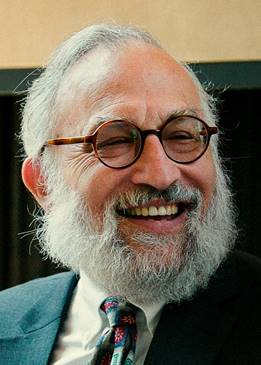
The IHRA position regards any opposition to Israel’s treatment of Palestinians or advocacy of a democratic one-state solution, or many other substantive criticisms, into being understood as antisemitism.
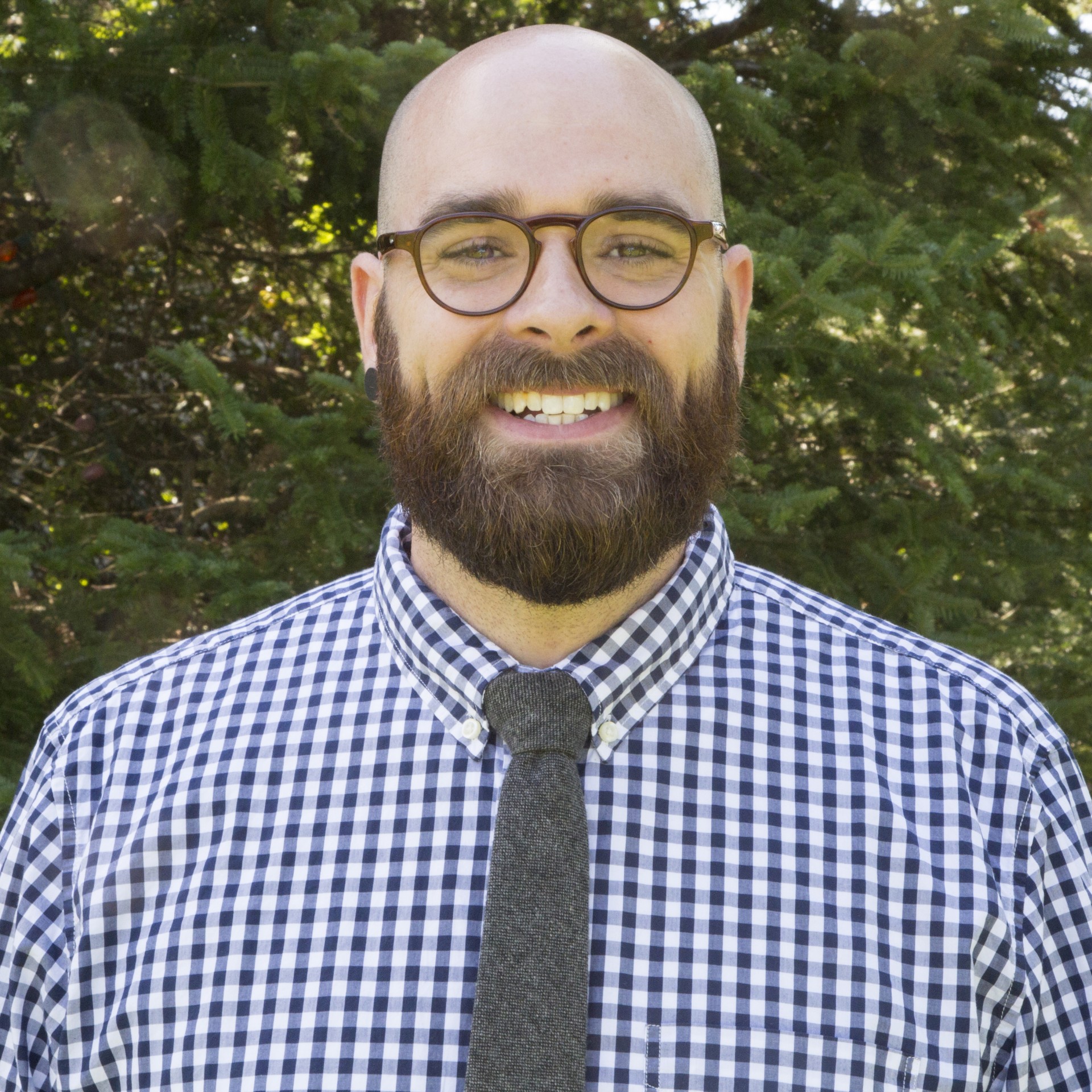
Rabbinic literature explains that it is not for Jews to fight Amalek because God will exercise vengeance in the “Age to Come.”
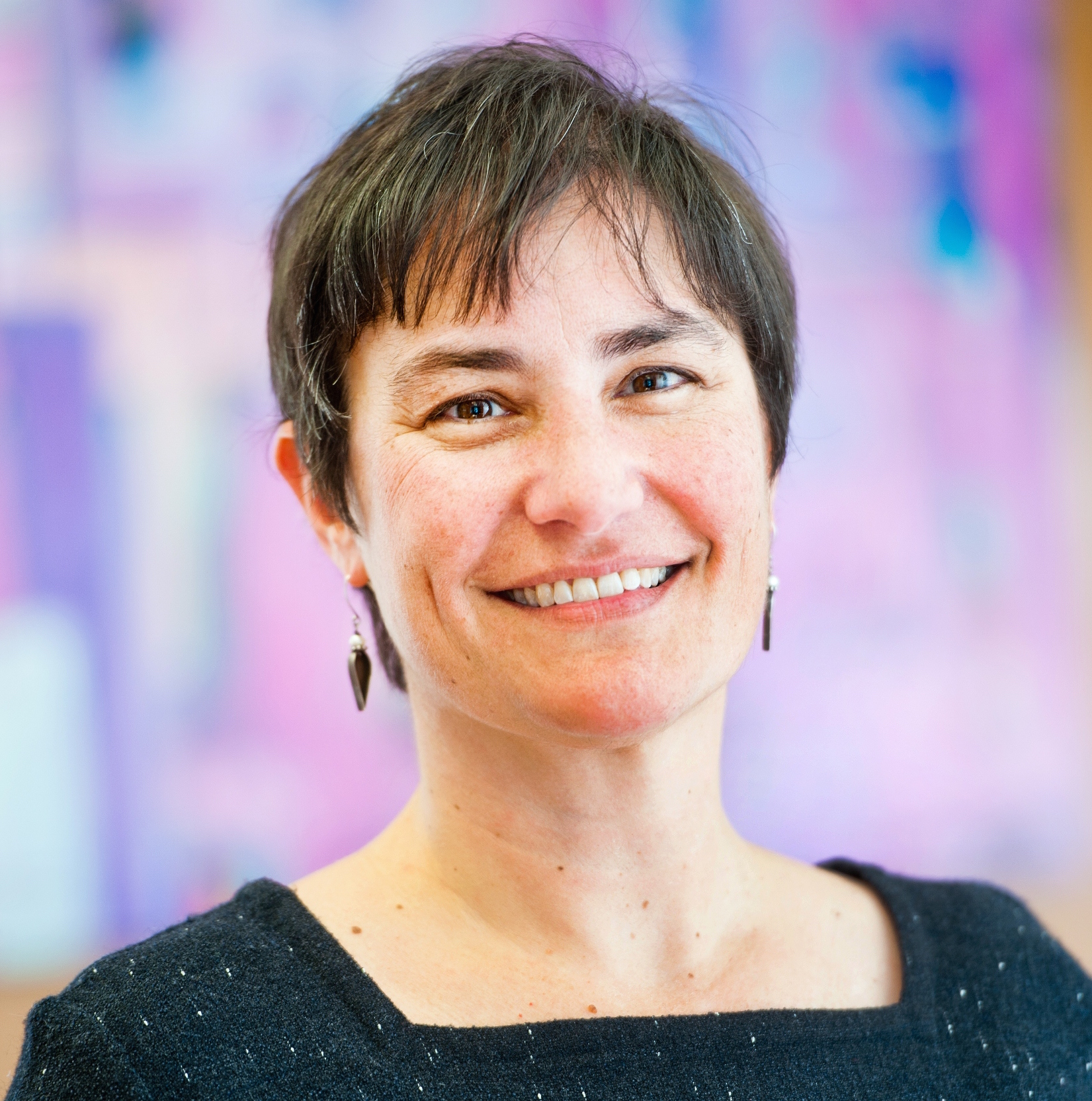
Living fully and beautifully, and in a deeply interconnected fashion, is the richest possible repudiation of those who hate us.
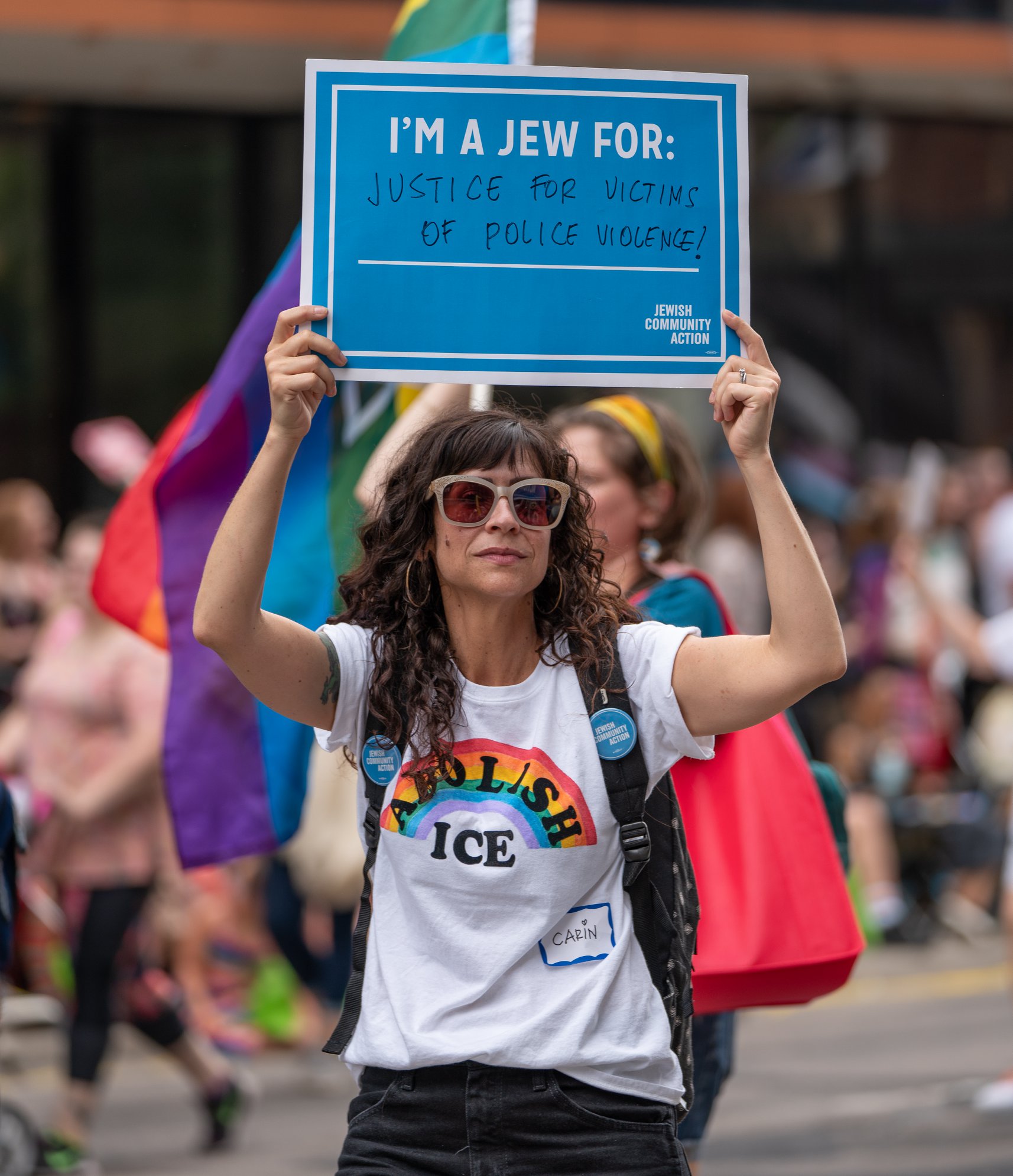
Without a deeper understanding of antisemitism and its relationship to white supremacy, our movements for justice can easily be undermined and weakened.
by
Carin Mrotz
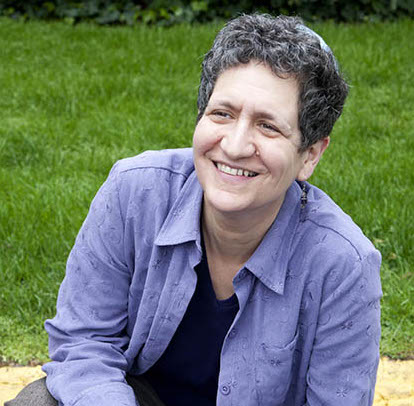
Jews and non-Jews have internalized varying degrees of antisemitism, including the insidious idea that Jews should "disappear." This trope of erasure opens up a new frame through which to consider the connections between antisemitism and anti-Zionism.
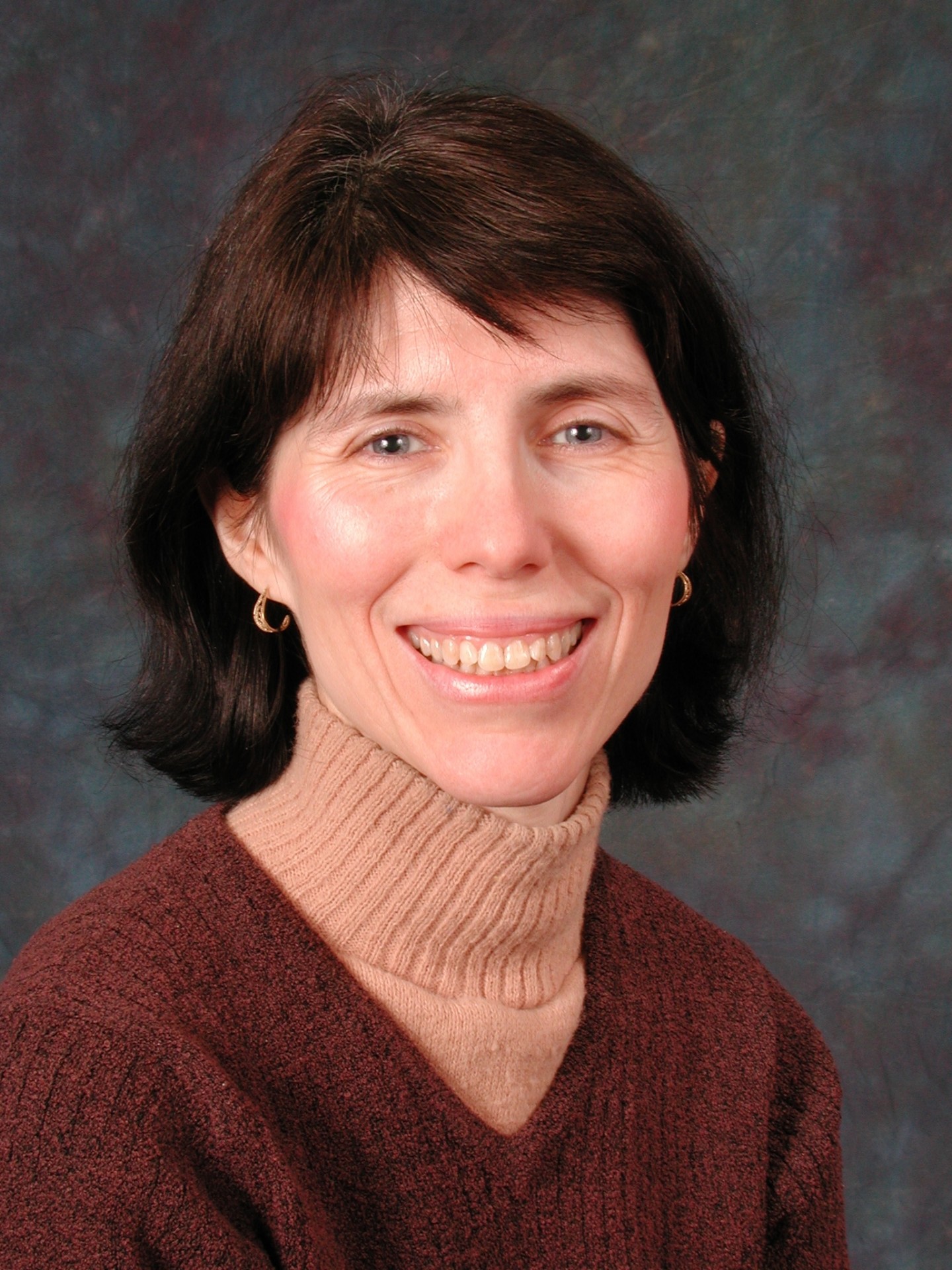
Is the United States exceptional in the lack of intensity and violence of American antisemitism? Professor Friedman reviews the evidence and arguments on both sides of the debate.
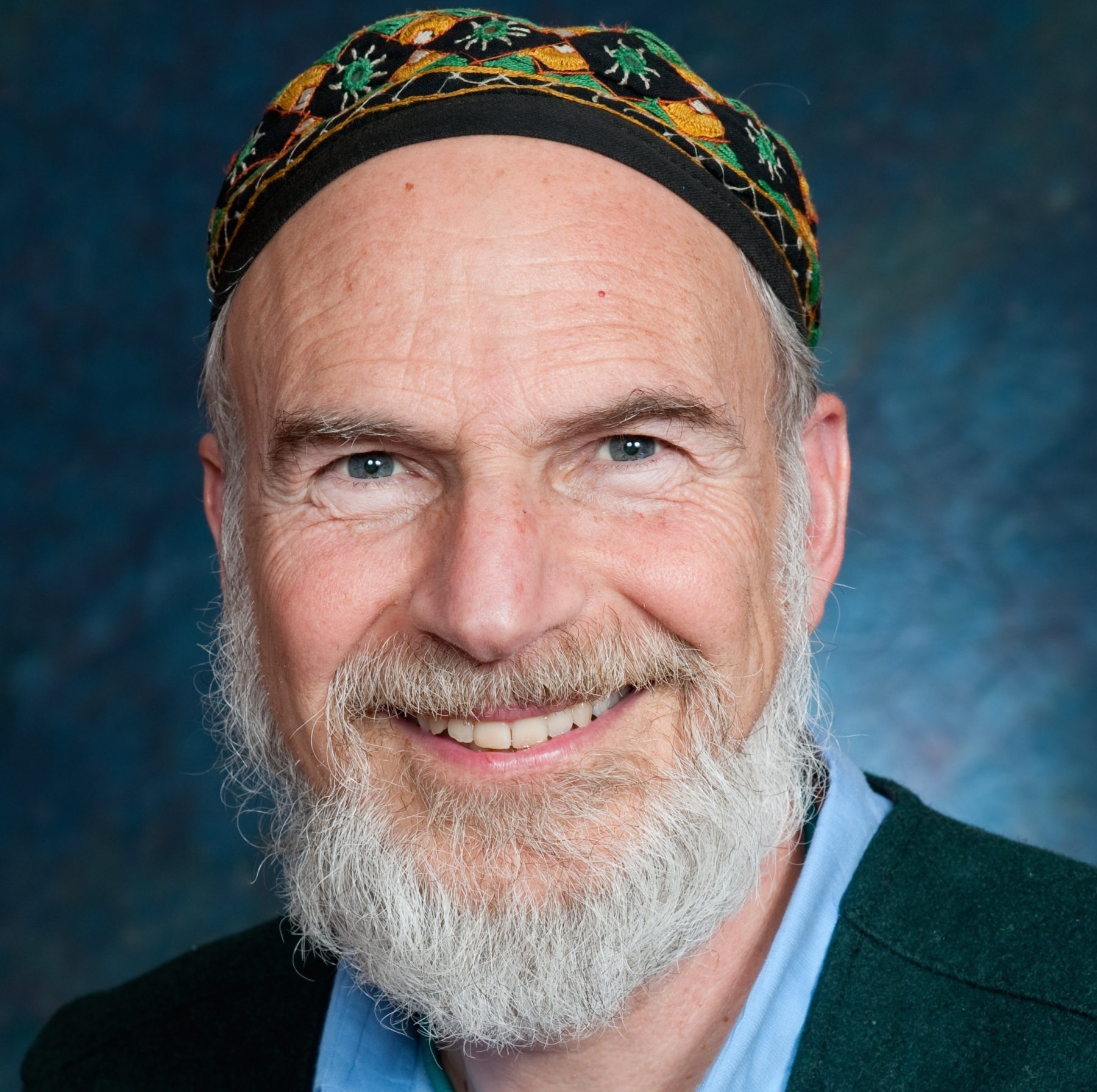
Antisemitism holds a central and essential place in the world view of contemporary American white nationalists. By contrast, antisemitism that surfaces on the left is not essential, and can and should be addressed.

A look at some of the causes of tension and misunderstanding between Jews and Blacks in the United States.
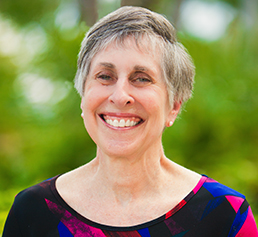
Helpful suggestions about criteria for identifying antisemitism, strategies for addressing it, and understanding how antisemitism and racism can trigger one another.


